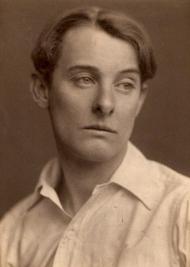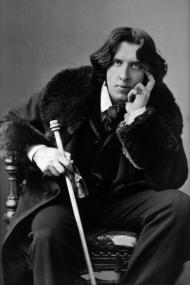Who dated Alfred Douglas?
Oscar Wilde dated Alfred Douglas from ? until ?. The age gap was 16 years, 0 months and 6 days.
Alfred Douglas

Alfred Douglas, né à Powick dans le Worcestershire le et mort à Lancing dans le Sussex de l'Ouest le , est un poète anglais, fils de John Douglas, 9e marquis de Queensberry.
Il est notamment connu pour sa relation avec l'écrivain Oscar Wilde, les deux affichant en public leur attirance pour les hommes. Le marquis de Queensberry, désapprouvant cette relation, provoque Wilde à plusieurs reprises, entraînant le « scandale Queensberry » et le procès qui s'est ensuivi, perdu par Wilde.
Alfred Bruce Douglas est aussi le neveu de Florence Dixie, née Florence Douglas, voyageuse, correspondante de guerre et militante féministe britannique, et de Lord Francis Douglas qui décéda lors de la première ascension du Cervin.
Read more...Oscar Wilde

Oscar Fingal O’Flahertie Wills Wilde (ur. 16 października 1854 w Dublinie, zm. 30 listopada 1900 w Paryżu) – irlandzki poeta, prozaik, dramatopisarz i filolog klasyczny. Przedstawiciel modernistycznego estetyzmu.
Read more...